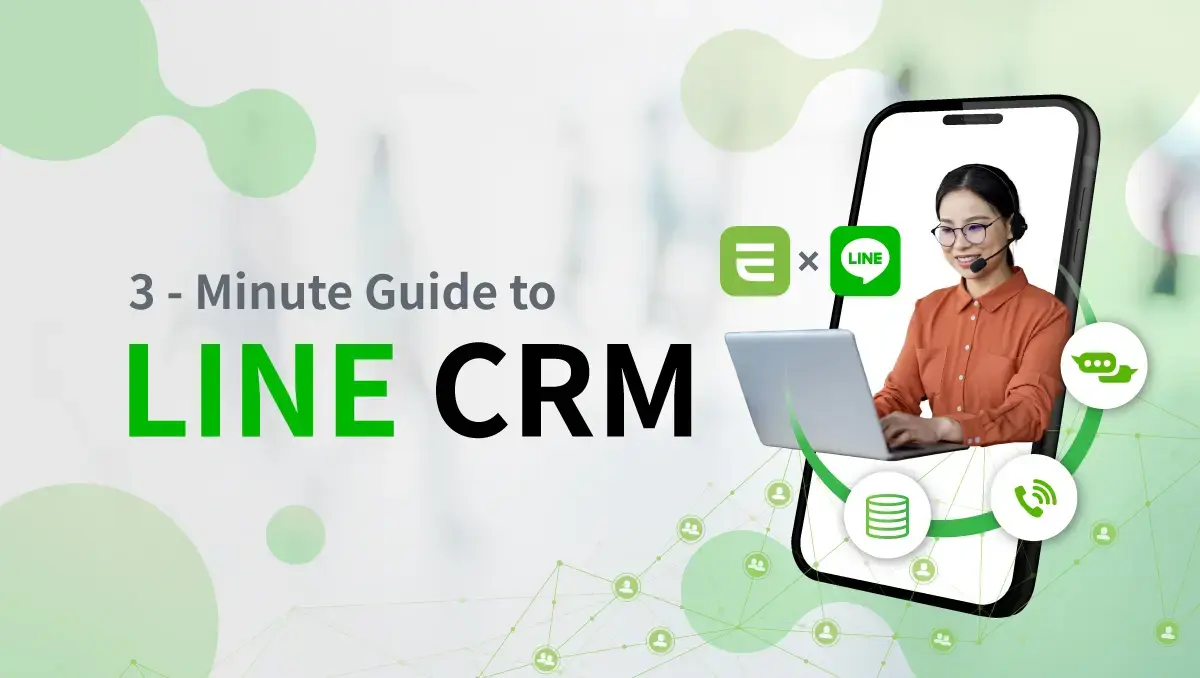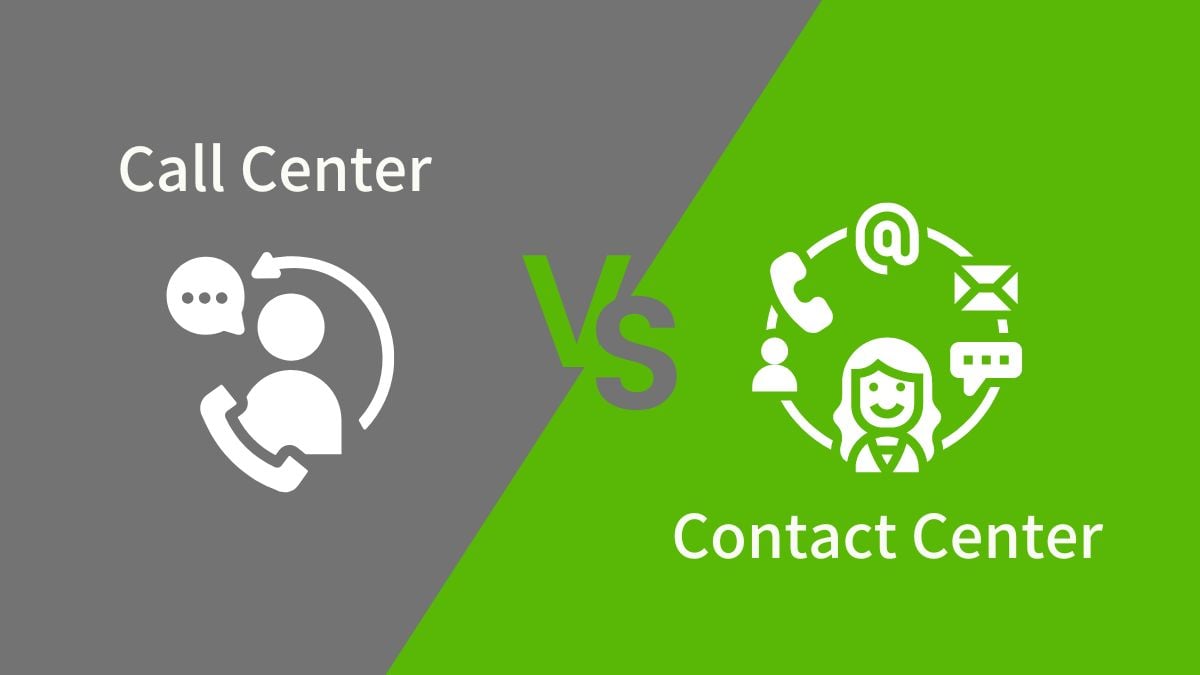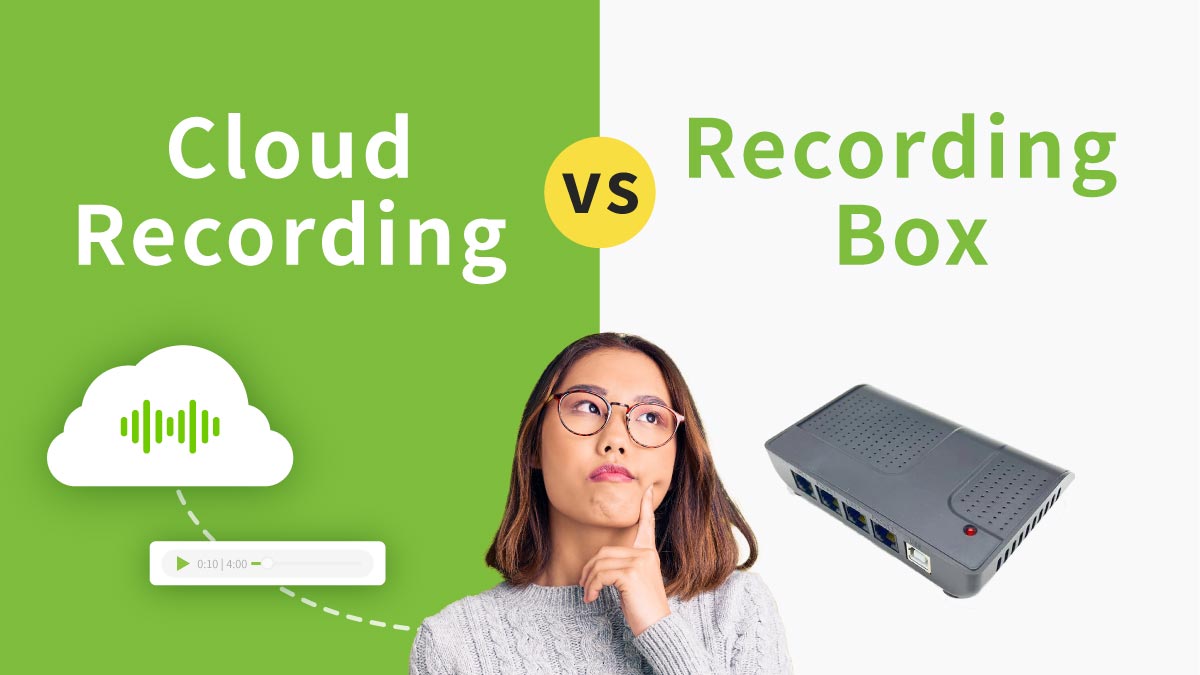How do you choose the right VoIP service? Consider your business budget, structure, and needs: SOHO, collaboration requirements, or Cloud PBX for enterprise level voice services.
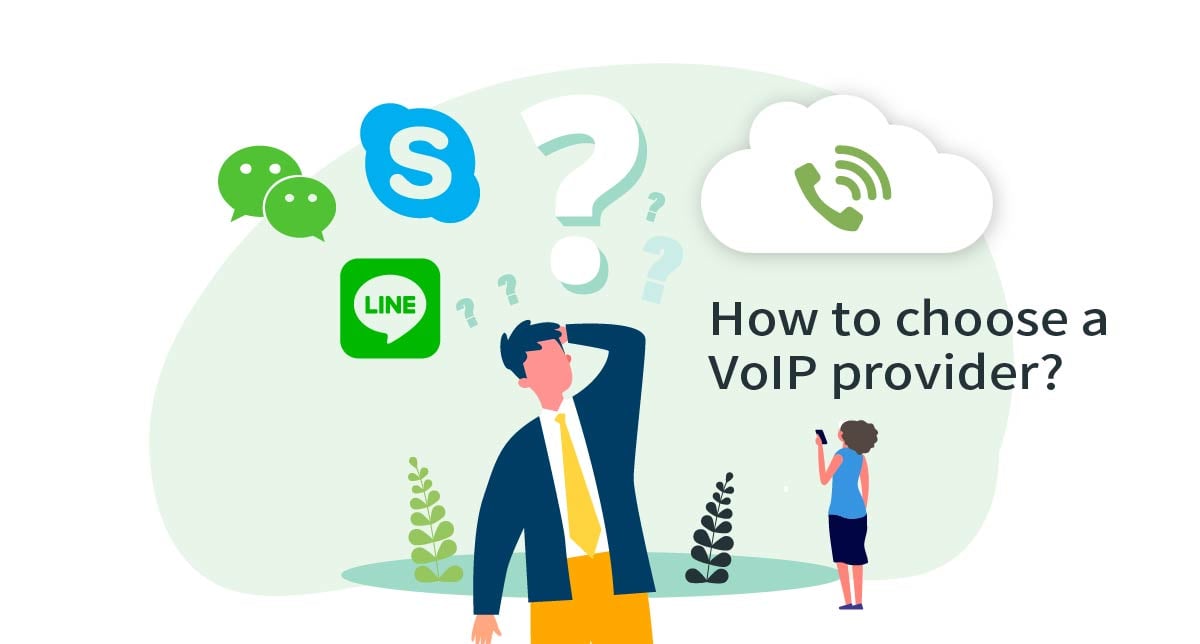
Improvements in internet speed have prompted the introduction of many VoIP services which let users make phone calls over the internet using their PCs or mobile devices. Apps such as Skype, Line, or WhatsApp have become extremely popular. In addition to these social media apps, there are many business apps that use Cloud PBX. So, what is the difference between them, and how do you choose the right Cloud PBX service for your business?
Different internet calling services are suited for different use cases and different users. Once you know your requirements, you can select the right VoIP service for your business.
More info:
Why did VoIP surpass legacy telephone technology to become the new standard for voice communication?Choose the VoIP service tailored to your needs
1. A single person or a team operation?
For a SOHO or sole proprietor business, social apps like LINE or SKYPE are a convenient way for business communication. Many religious, investment, lifestyle, and travel services have used social groups to present their business. Apps like Telegram can be used for a higher level of privacy.
2. Internal collaboration
If you need more features than a social app can provide, there are business-oriented services that allow document sharing or video conferencing. Services such as Slack, Jani, Line of Business, Skype for Business, or Microsoft Teams may provide a solution for business with limited collaboration needs.
3. Enterprise communication
For enterprise level communication, Cloud PBX is the gold standard. Businesses with customers that need to communicate with sales, support, and other departments with a high degree of professionalism demand Cloud PBX.
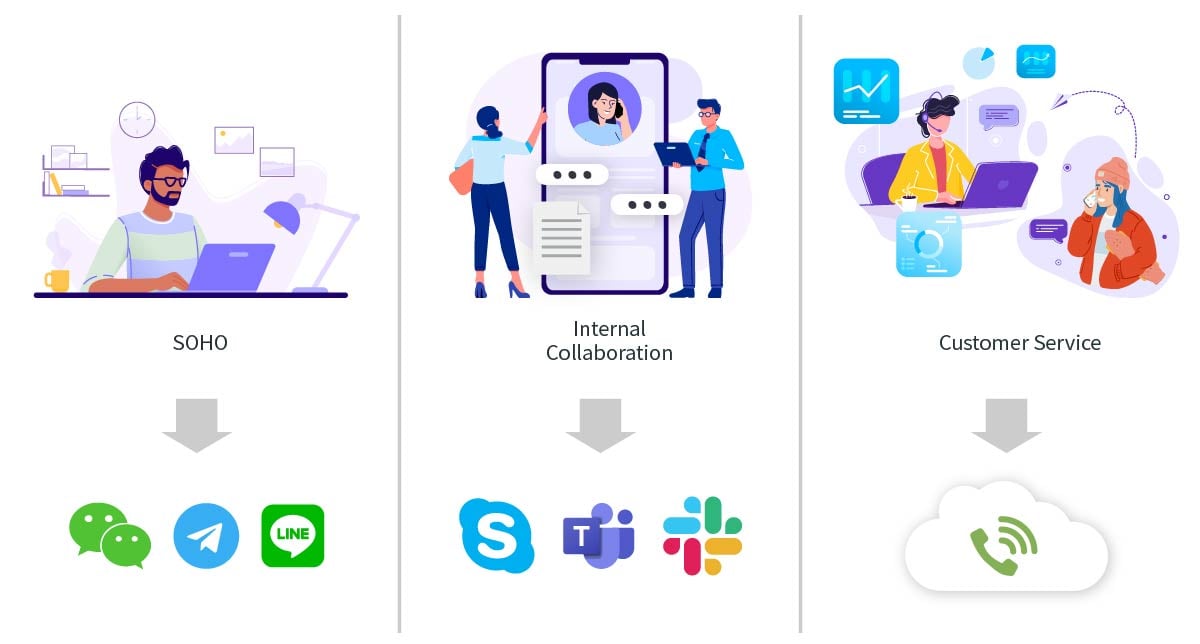
Why is Line or Skype not appropriate for business?
Why is Line inappropriate for business? Line is ubiquitous in Taiwan for contact between friends and even business associates such as suppliers. But, Line is used by and designed for individuals who are already socially connected. You wouldn’t use Line for customers or business contacts that you currently only communicate with by email. And you certainly would not use it for customers who found you on your website.
For sales, support, business development, and other professionals who have a high volume of phone calls, Skype and Line apps are not appropriate. These types of business professionals require functions like caller ID, call back, and voice recording.
The cloud phone system for business
Now that you have decided you need an enterprise internet phone system, how do you select from the many providers? Though some of them even claim to be cloud based, their offers are quite different. Business considerations include your budget as well as calling requirements including low-cost calling, auto-attendant, extension management, and other professional features.
Select an internet enterprise phone service based on your criteria:
1. Do you need to display your company number?
For many businesses, the ability to display the official company number when calls are made is an important consideration. Not only does this ensure calls will not be rejected as fraudulent, it provides a consistent professional image to callers.
If you don’t yet have a business number, you can apply for an EVOX fixed line business number. EVOX even allows you to select the district (code) with which you want your business to be identified.
More info:
Cloud PBX allows you to move your office without changing your phone number or moving equipment2. Keeping you existing business number
Since changing a number has many ramifications including printing new business cards and notifying (and perhaps even losing) contacts, the ability to keep an existing number is one of the most requested phone service features.
With EVOX you can keep your number and port it to the cloud service. In cases where porting is not possible, the EVOX EGate adaptor box allows you to keep your old number and enjoy Cloud PBX service.
3. Auto-attendant and more
The biggest difference between a personal and a company phone service is the ability to collaborate. With a Cloud PBX service you can transfer calls to a colleague or direct calls to a team, so calls are always answered quickly by the right team member. Features like an auto-attendant with different greetings for weekends, lunch breaks, etc. are also important to many businesses.
With Cloud PBX, your company administrator can manage your system at any time and from anywhere. The Admin site allows you to program and manage auto-attendant greetings, calling privileges, and work hours as well as review detailed call records.
4. Mobile extension
With cloud technology, you are no longer confined to your desk phone when using the company PBX. You can download mobile and PC apps, which turn your mobile device or PC/Mac into a company extension. The apps provide all the functionality of a traditional desk phone including call transfer, 3-way calling, call hold, call pick up, and a company directory.
The EVOX mobile app allows your staff to stay in constant communication with customers and business contacts from their personal mobile phone while keeping their personal number private. Calls are received/called from the business number. There is no need for company reimbursement for personal line usage as all calls are within the EVOX system, and staff has easy access to the company directory by name search.
5. Multi-location support
Multi-location support is an important consideration for growing businesses or companies with chain/franchise stores or remote branches. For these types of businesses, the ability to manage all of the phone services under one system is a requirement in the selection of a phone service.
EVOX branch services can integrate branch phone systems into a single system under one account. You can manage all the branches with one administrator, or you can decrease the load on the headquarters and increase local autonomy for branches by appointing individual branch admins.


